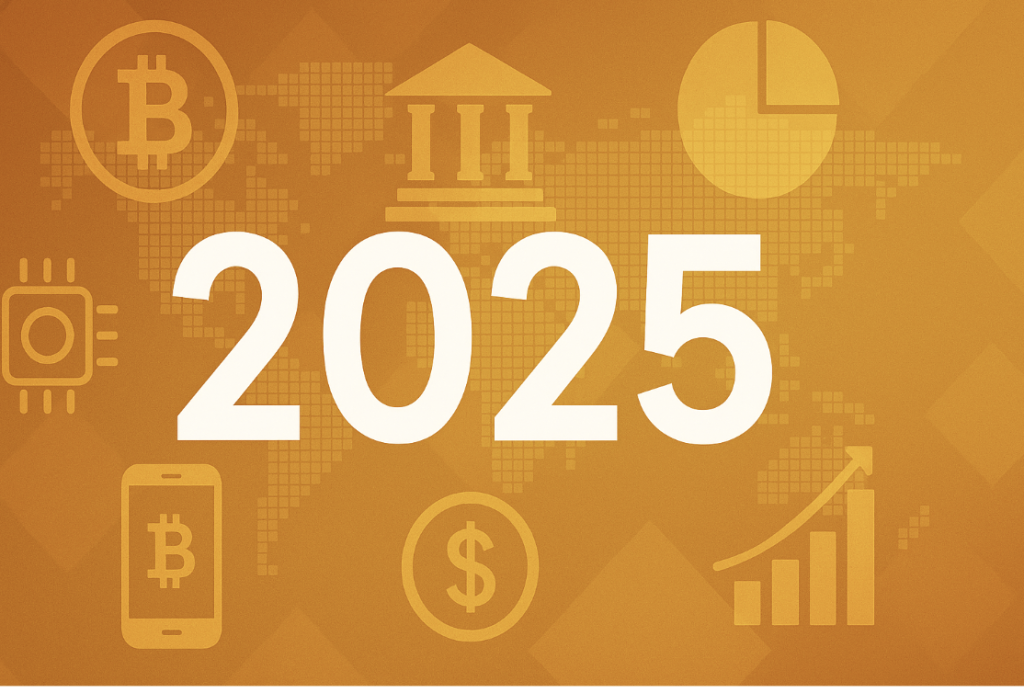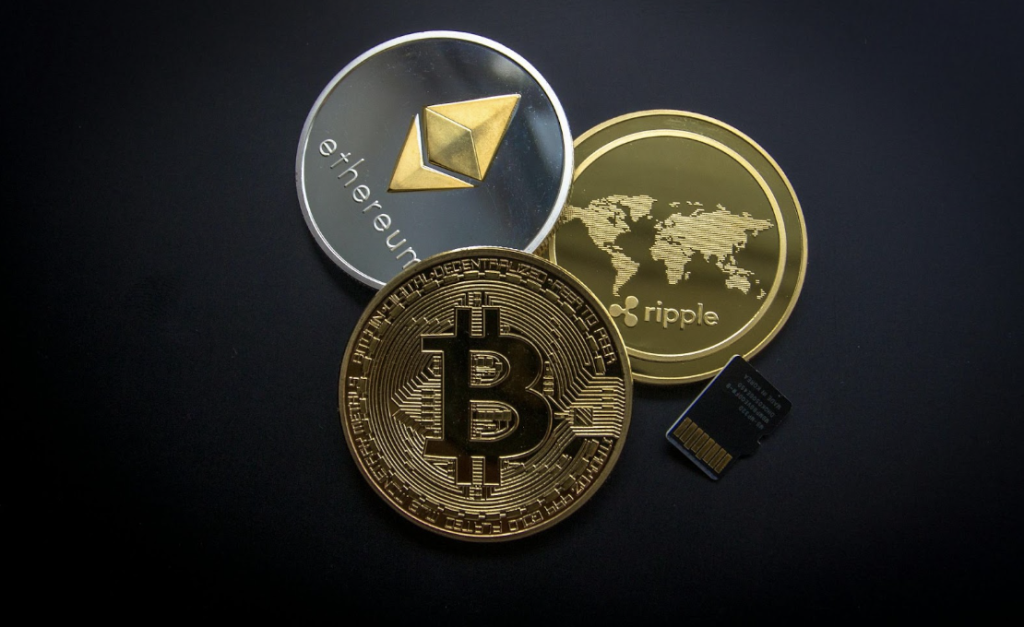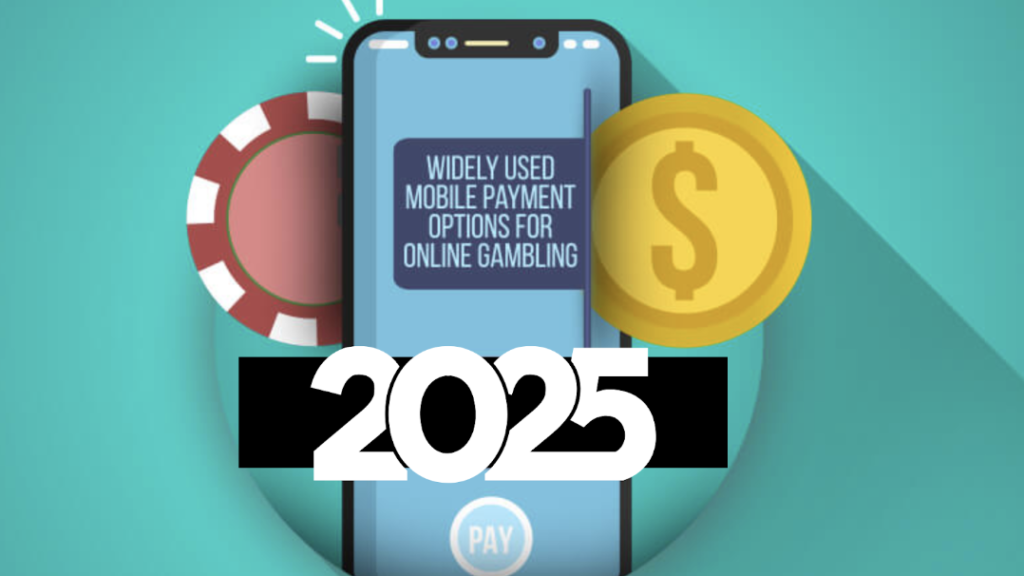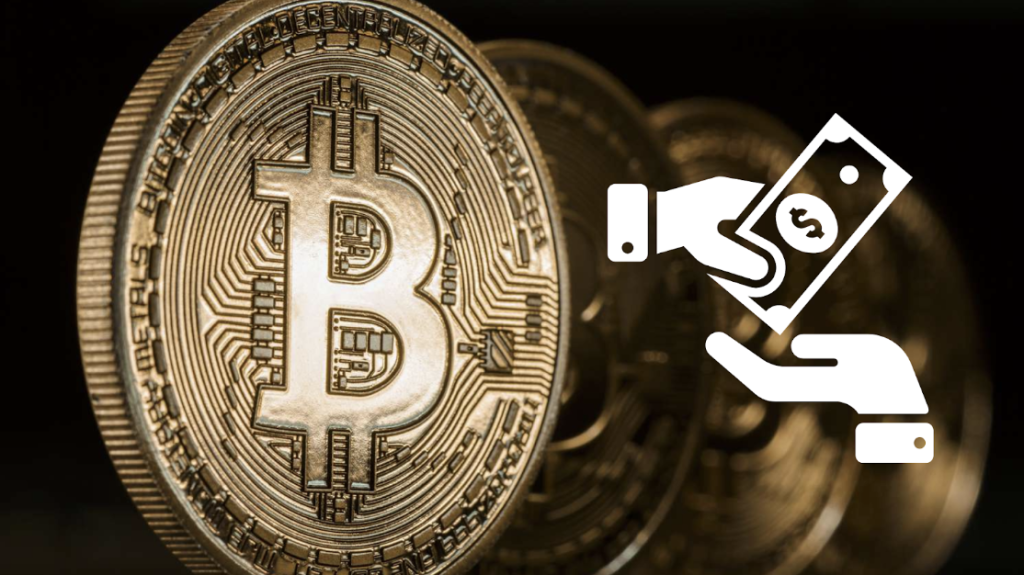
5 Things to Know about Mainstream Adoption of Crypto This 2025
Cryptocurrency may have started as a fringe experiment, but it is now approaching a new phase: everyday relevance. As digital assets continue to make headlines, they are also quietly becoming more integrated into financial systems, consumer platforms, and even public policy conversations. The shift is not just technological—it is cultural, economic, and generational.
In 2025, the conversation around crypto is no longer focused on whether it will survive, but rather how it will function in the broader economy. From new use cases to tighter regulation, mainstream adoption is reshaping the narrative and expectations around what crypto can and should do. This evolution is not happening in one dramatic leap, but through steady, practical steps that affect how people access, understand, and interact with digital currencies.
Here’s a closer look at five key developments shaping crypto’s continued move into the mainstream in 2025:
Consumer Access and UX Have Greatly Improved
For many years, cryptocurrency was perceived as too technical or intimidating for the average user, creating a barrier to widespread adoption. However, that complexity has steadily diminished. Today, setting up a crypto account often takes less time than opening a traditional bank account, and the user interfaces of modern platforms are designed with simplicity in mind. Whether someone is buying their first Bitcoin or configuring an XMR wallet to enhance their financial privacy for their Monero coins, the process is now more intuitive, secure, and accessible.
This shift is evident in the evolution of crypto apps and services. Users can now seamlessly link fiat accounts, track market trends in real time, and manage multiple wallets with just a few taps. Biometric logins add an extra layer of security, while clearer fee structures and improved mobile support help demystify crypto usage. These enhancements are not just convenience-driven; they reflect a larger movement toward making crypto approachable for everyday consumers.
Governments Are Becoming More Involved—Not Less
Governments worldwide are no longer standing on the sidelines, but actively shaping the future of crypto. As adoption accelerates, regulatory efforts have shifted from reactive crackdowns to structured integration.
Rather than banning digital currencies, many regulators are working to bring them into the financial mainstream through clearer rules and formal oversight, including anti-money laundering (AML) standards, tax reporting requirements, and consumer protection measures. Such frameworks provide much-needed clarity for businesses and investors, boosting confidence in the long-term viability of digital assets.
Major economies like the United States, Singapore, and the European Union are leading this charge, balancing innovation with oversight. Central bank digital currencies (CBDCs) are also progressing from pilot programs to more public-facing trials, signaling stronger institutional interest in blockchain-backed systems.
Beyond regulatory compliance, these developments influence how crypto is perceived, adopted, and integrated into mainstream financial systems. With clearer legal frameworks and greater institutional backing, digital assets are evolving from speculation to a more structured, credible force in the global economy.
Stablecoins and Tokenized Assets Are Gaining Ground
While high-profile cryptocurrencies like Bitcoin and Ethereum still dominate headlines, the real momentum in 2025 is shifting toward assets built for stability and practical use. Stablecoins, which are digital currencies pegged to fiat money like the US dollar, have become a vital bridge between traditional finance and the crypto world. Their price stability makes them ideal for remittances, e-commerce, and yield-generating opportunities, offering users a reliable way to transact without the volatility that has historically defined crypto markets.
Beyond stablecoins, tokenization is revolutionizing how real-world assets are stored and traded. From real estate and government bonds to fine art, blockchain technology is enabling fractional ownership, improving liquidity, and enhancing transparency in financial markets. As these innovations integrate deeper into financial services, they are not only expanding crypto’s reach but also redefining how people invest, store wealth, and move money in a digital age.
Big Brands and Institutions Are Leading the Charge
The idea that crypto is only for tech startups or niche communities is increasingly outdated. In 2025, established brands and financial institutions are driving adoption in ways that make digital assets more accessible to everyday consumers. Global payment processors are enabling crypto transactions, and retailers are providing blockchain-based loyalty programs. In general, more traditional companies are embedding crypto into standard business models.
Meanwhile, institutional investment has expanded significantly. Asset managers, banks, and publicly listed firms are all incorporating crypto into their portfolios, treasury strategies, and product offerings. This shift not only lends credibility to the space but also accelerates innovation by directing capital and resources toward infrastructure, security, and compliance. As a result, crypto is no longer an experimental outlier but a growing part of how large organizations engage with customers, manage assets, and future-proof their operations.
Trust and Education Still Matter Most
Despite technological advances and institutional momentum, widespread crypto adoption ultimately depends on public understanding and trust. Many people remain cautious due to high-profile hacks, volatile markets, and misinformation. These concerns reinforce the need for reliable education and transparency, ensuring users feel confident navigating the space.
Efforts to bridge this gap are gaining traction. Educational content is becoming more accessible through mainstream platforms, while user-friendly tools simplify complex concepts like private keys, smart contracts, and blockchain validation. At the same time, companies and regulators are working to improve transparency around risks, fees, and terms of use. Such initiatives are critical, especially among first-time users and late adopters. Now that crypto is maturing, equipping users with knowledge and safeguards remains a foundational step toward meaningful, lasting integration.
Final Take
Crypto’s mainstream adoption in 2025 is not unfolding through a single, dramatic shift but rather a series of steady, practical integrations. Governments are refining their regulations, institutions are deepening their involvement, and user experiences are becoming more intuitive—which means that digital assets are moving beyond speculation into real-world utility. For businesses and individuals alike, the question is no longer if crypto will play a role in finance, but how to best leverage it in an evolving digital economy.









